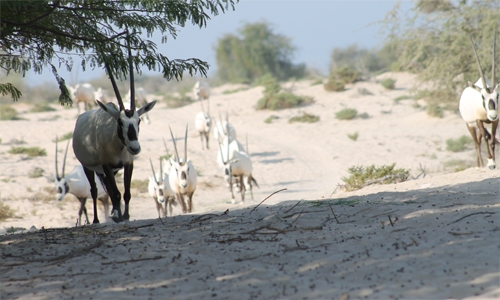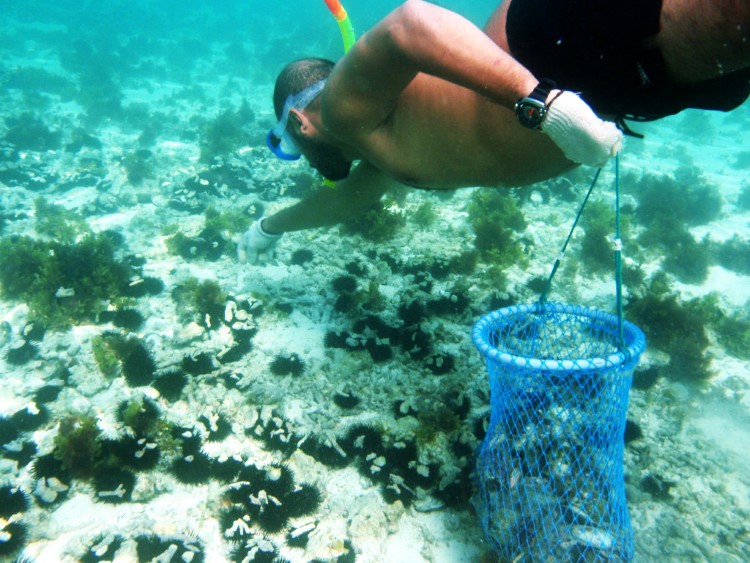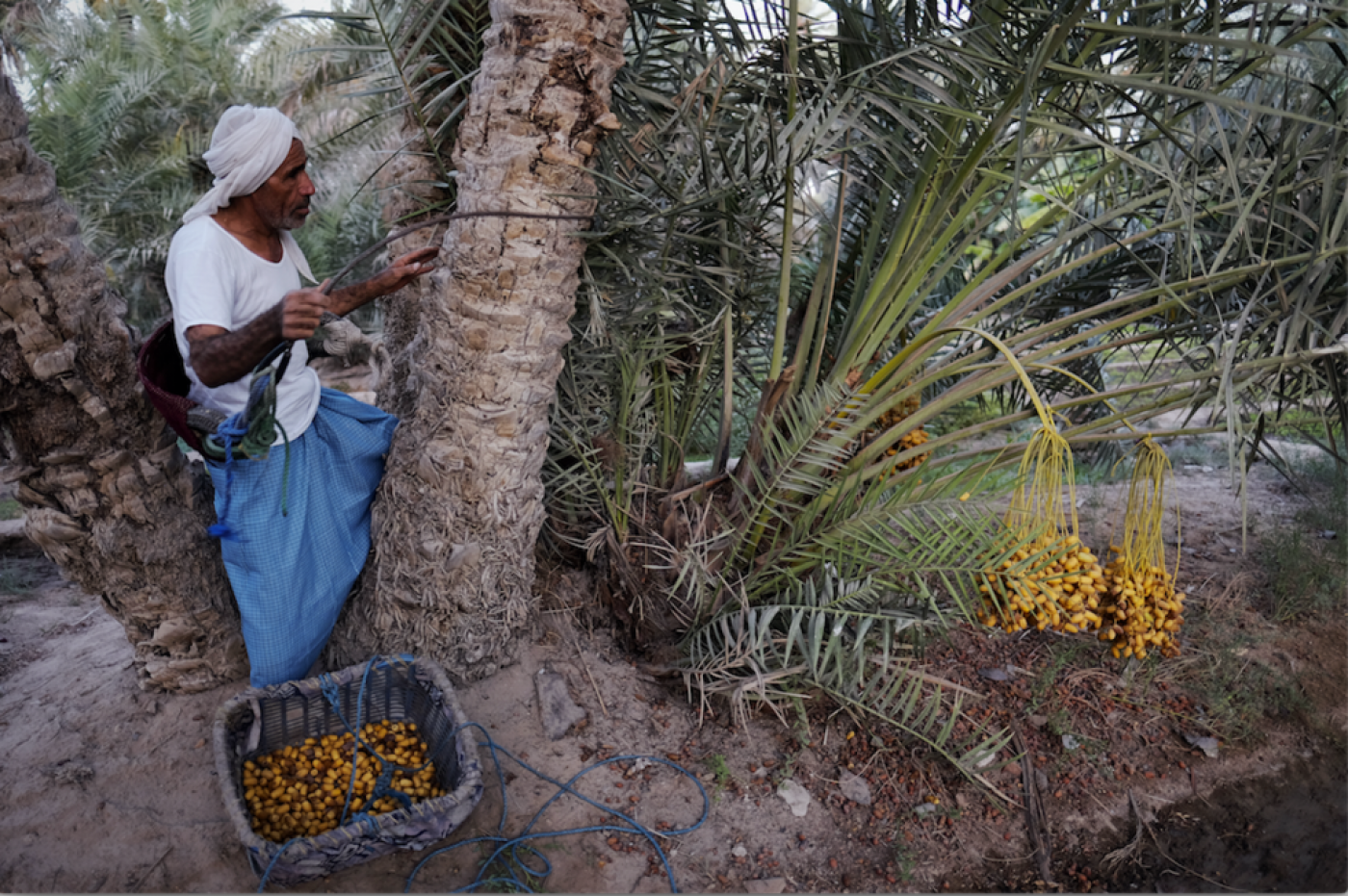Wake-up call to protect Bahrain's biodiversity
TDT | Manama
The Daily Tribune – www.newsofbahrain.com
Bahrain has taken serious steps towards preserving and sustaining the elements of biodiversity, including the unique ecosystems in the Kingdom.
Bahrain has a terrestrial ecosystem, which includes springs, freshwater wetlands, vegetative deserts and agricultural land, including date palm groves and marine ecosystem that comprises open sea, sea grass and coral reef.
It also has around 229 known species of amphibians, birds, mammals and reptiles, according to the World Conservation Monitoring Centre. Of these, 0.9 per cent is endemic, meaning they exist in no other country, and 5.2 per cent are threatened. Bahrain is home to at least 195 species of vascular plants. The kingdom has also declared six protected areas to preserve the wildlife and marine life. They include five marine protected areas, namely the Hawar Islands, covering 51.4 km2, the Tubli Bay, covering 13.5 sqkm, Arad Bay, covering 0.5 sqkm, Mashtan Island, covering 2.5 sqkm and Hayr Bulthamah, covering 7.8 sqkm. Meanwhile, Al Areen is the only wildlife reserve, and covers 5.4 sqkm.
However Bahrain’s biodiversity is under threat, experts have said. According to a Global Biodiversity Outlook report, industrial waste is still being dumped in the sea and marine construction are two major threats to species native to Bahrain. The report states that a variety of animal and plant species that used to thrive in Bahrain naturally, have already been lost.
Bahrain’s shrimp stocks are also under threat from industrial effluents being dumped into the sea, while the dugong population has been hit by marine construction that has destroyed most of the sea grass beds they feed from.
The country has also witnessed the degradation of its date palms and natural water springs due to decades of groundwater extraction.
But HM the King’s Personal Representative and Supreme Council for Environment (SCE) president Shaikh Abdulla bin Hamad Al Khalifa has assured the government is taking steps to preserve biodiversity despite challenges, such as climate change, air pollution, desertification, and the unsustainable use of the elements of biodiversity. He said, Bahrain has been keen on preserving biodiversity through the issuance of several national legislation and laws related to the protection of natural environment and habitats, including the declaration of six natural reserves, accounting for more than 20 percent of the total area of the Kingdom, noting that the Government of Bahrain is interested in the marine environment because of its great importance in ensuring food security.
He also highlighted the Bahrain’s launch of a special pearl diving licensing scheme to preserve this authentic cultural heritage, in addition to the implementation of a number of projects, the most important of which is the declaration of the largest marine reserve in the region in order to protect oyster beds.
The SCE President indicated that the Kingdom has issued a number of national laws and legislation aimed at protecting endangered species, in addition to the ratification of the Convention on International Trade in Endangered Species of Wild Fauna and Flora (CITES) in 2012, adding that the country is in the process of issuing a draft-law on regulating international trade in endangered species.
He also said that Bahrain had included many projects and programmes aimed at preserving agricultural areas and increasing the number of plants in the Government Action Plan.
He also shed light on the kingdom’s preparation of the national plan for the adaptation to climate change, and efforts to ensure the sound management of chemicals, in addition to many measures aimed at preventing the release of ozone-depleting gases and managing them in accordance with best international practices to mitigate the effects of global warming and protect biodiversity from ultra-violet (UV) radiation.
In essence, however, these steps need to filter down to the people, who need to connect with nature and take steps to protect the environment.
Related Posts



